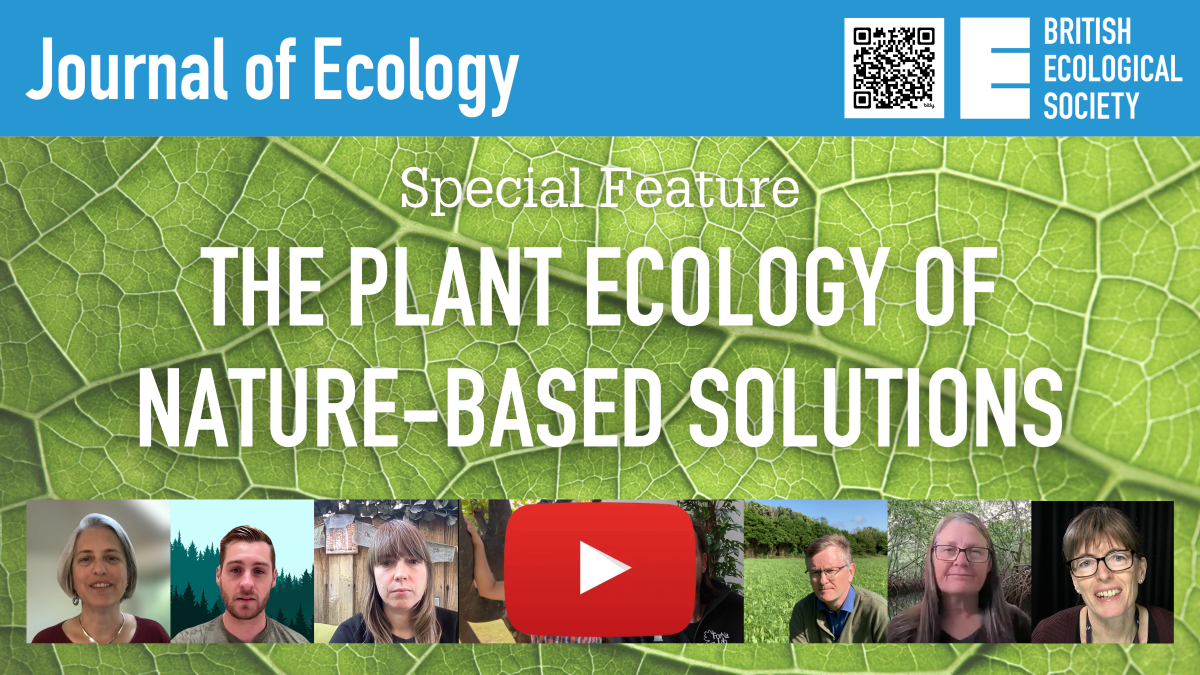Senior Editor, Yvonne Buckley, introduces a new Special Feature in Journal of Ecology on The plant ecology of nature-based solutions:
November has been a big month for biodiversity and climate with the Convention on Biodiversity’s Conference of the Parties (COP16) in Colombia and the UN Climate Change Conference (COP29) in Azerbaijan. Nature-based Solutions have featured in both conferences as an important way through which climate and biodiversity goals can be aligned. NbS can provide important solutions to climate mitigation and adaptation challenges while also benefiting people and biodiversity.
Plants are at the heart of all Nature-based Solutions. The recent Journal of Ecology Special Feature on The Plant Ecology of Nature-based Solutions provides nine mini-reviews ranging from grasslands to mangroves and from agro-ecosystems to urban forests that illustrate how we can improve and scale up NBS by incorporating cutting-edge ecological theory and techniques.
Trait ecology has emerged as a key concept that can be leveraged across a range of systems to contribute to better NbS. For example, while there is no such thing as an ideal tree canopy structure that can solve all problems, diverse and dense canopies can provide the most benefits. A recurring theme in the mini-reviews was the critical role of diversity in NbS. Diversity confers resilience of NbS to changing conditions, ensuring sustained supply of benefits to people. For example, multi-species pastures are NbS where targeted combinations of plants, with complementary traits are used to reduce fertiliser use with diversity also conferring resistance to drought, reduced nutrient leaching, and weed suppression.
Understanding the context dependency of NbS and how they change function in different abiotic and biotic conditions is critical. While trees are central to many NbS, if they replace grasslands and shrublands they can be problematic for biodiversity, carbon and water. Understanding the ecological function of different plant life forms and their traits can help with appropriate siting of NbS.
Nature-based solutions sit firmly within socio-ecological systems. Ecologists need to be trained in a broad range of disciplines including engineering and social systems and be able to work in multi-, inter- and trans-disciplinary teams to develop and deploy NbS at the spatial and temporal scales we need.
The authors present their main findings in the video below:


